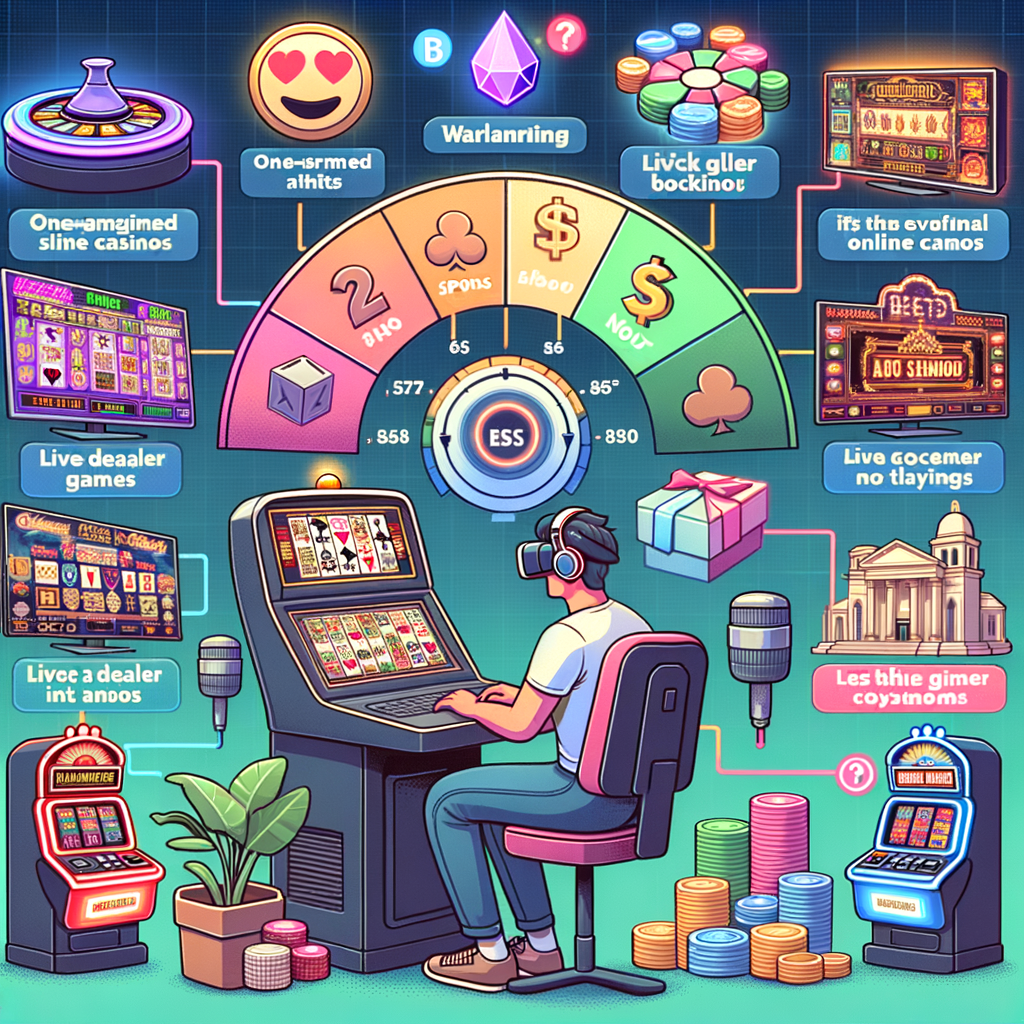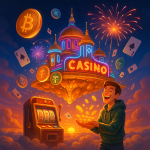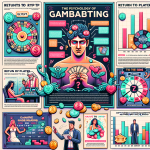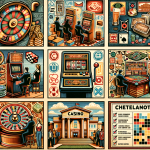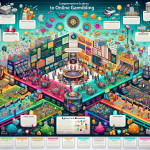Gambling has long been a topic of fascination in popular culture, serving as both a backdrop for thrilling narratives and a lens through which society examines risk, reward, and morality. From classic films like Casino and Rounders to modern television series such as Breaking Bad and Ozark, gambling themes are woven into the fabric of storytelling. However, the portrayal of gambling in these media often strays far from reality, shaping public perception in ways that can be misleading. This article explores the influence of gambling portrayals on public perception and seeks to debunk some common myths that arise from these narratives.
The Influence of Gambling Portrayals on Public Perception
Gambling in popular culture often glamorizes the act, depicting it as a pathway to wealth and excitement. In films and television shows, protagonists frequently experience dramatic wins, leading to lavish lifestyles and thrilling escapades. This portrayal can create a skewed perception of gambling as a glamorous and accessible means to achieve financial freedom, influencing viewers to underestimate the risks involved.
The Glamorous Allure of Winning
The allure of large payoffs is a recurring theme in gambling narratives. Characters in movies, whether they are high-rolling poker players or casino heist masterminds, frequently enjoy extraordinary wins that lead to lavish lifestyles. The following points highlight how these portrayals contribute to a glamorized view of gambling:
- High Stakes and Immediate Gratification: Films often showcase high-stakes games where a single hand can change a character’s fortune. This immediate gratification can mislead audiences into thinking that gambling is a quick way to achieve financial success.
- Heroic Archetypes: Protagonists are typically depicted as intelligent, strategic, and lucky, presenting a narrow view that neglects the skills and knowledge required for responsible gambling.
- Romanticized Consequences: While some narratives do depict the pitfalls of gambling, they often do so in a way that heightens drama rather than genuinely educating viewers about the real-life consequences of gambling addiction and financial ruin.
Social Acceptance and Normalization
As gambling becomes more mainstream in popular culture, it also gains social acceptance. Shows that feature gambling prominently, such as The Sopranos or Better Call Saul, often normalize the behavior by embedding it into character arcs and storylines. This normalization can lead to several societal implications:
- Desensitization: Regular exposure to gambling-related content makes audiences more desensitized to its risks, which can lead to an increase in gambling behaviors in the real world.
- Misinformed Youth: Young viewers may idolize characters who gamble irresponsibly, leading them to view gambling as a safe and acceptable pastime without understanding the potential consequences.
- Cultural Shifts: With the rise of online gambling, popular culture plays a role in shifting societal attitudes towards gambling, framing it as a form of entertainment rather than a potentially harmful activity.
The Role of Celebrity Influence
Celebrities who engage in gambling on-screen or in real life further amplify its appeal. High-profile gambling events, such as the World Series of Poker, often draw significant media attention, and celebrities participating in these events can create a perception that gambling is glamorous and fashionable. The implications include:
- Influencer Marketing: Many celebrities endorse online gambling platforms, blurring the lines between entertainment and advertising, and making gambling appear more enticing.
- Fandom and Imitation: Fans often emulate their favorite stars, which can lead to increased gambling participation among avid supporters.
- Cultural Icons: Movies featuring iconic gambling scenes, such as James Bond’s poker games, can solidify gambling as an integral aspect of cultural identity, making it seem almost aspirational.
Debunking Myths: Reality vs. Fiction in Gambling Narratives
While gambling in pop culture is often depicted through a glamorous lens, it is crucial to separate fact from fiction. Many myths propagated by movies and TV shows can perpetuate harmful stereotypes and misconceptions about gambling.
Myth 1: Skill Guarantees Success
One of the most common myths is that success in gambling is predominantly based on skill. While certain games, such as poker, do require strategic thinking and psychological insight, the element of chance remains a significant factor.
- Luck vs. Skill: Movies like Rounders emphasize the importance of skill, but even the best players encounter unforeseen circumstances, leading to losses due to luck alone.
- Overconfidence: This myth can lead individuals to overestimate their abilities, resulting in poor decision-making and gambling problems.
- Reality Check: In contrast to popular belief, many games of chance—like slot machines—are purely luck-based, and no skill can alter the outcome.
Myth 2: Gambling is an Easy Way to Make Money
Another pervasive myth is that gambling can be a reliable source of income. Many movies and TV shows portray characters who make substantial profits through gambling, creating a false narrative that it can be a sustainable career.
- Long-Term Losses: Statistically, the vast majority of gamblers experience long-term losses. According to studies, 80% of players lose money over time.
- Financial Ruin: The reality is that many individuals who gamble excessively face severe financial repercussions, including bankruptcy and debt.
- Psychological Impact: This myth can lead individuals to chase losses, which can exacerbate gambling addiction and result in devastating life consequences.
Myth 3: Gambling Addiction is Rare and Manageable
Many portrayals in popular culture suggest that gambling addiction is a rare affliction or can be easily managed. This oversimplification downplays the severity of the issue and the potential for devastating effects on individuals and families.
- Prevalence: Research shows that approximately 2-3% of the population experiences gambling addiction, a figure that reflects millions of individuals globally.
- Impact on Relationships: Gambling addiction often causes strain on personal relationships, leading to isolation and emotional distress.
- Need for Awareness: By portraying addiction as manageable or rare, popular culture can hinder efforts to promote education and awareness about responsible gambling.
| Myth | Reality |
|---|---|
| Skill guarantees success | Luck plays a significant role in most gambling games. |
| Gambling is an easy way to make money | Most gamblers lose money over time and face financial ruin. |
| Gambling addiction is rare and manageable | A significant portion of the population suffers from gambling addiction. |
Conclusion
Gambling in pop culture is a double-edged sword, offering entertainment while simultaneously shaping and sometimes distorting public perception. Through glamorized portrayals, normalization of gambling behavior, and the influence of celebrity endorsements, popular media can create misconceptions that lead to misunderstandings about the risks and realities of gambling. It is essential for viewers to approach these narratives critically, recognizing that while stories of gambling can be captivating, they often do not reflect the truth. By debunking prevalent myths, society can foster a more informed and responsible perspective on gambling, promoting healthy attitudes and choices. Understanding the distinction between fiction and reality is vital in ensuring that the allure of gambling does not overshadow its inherent risks.
